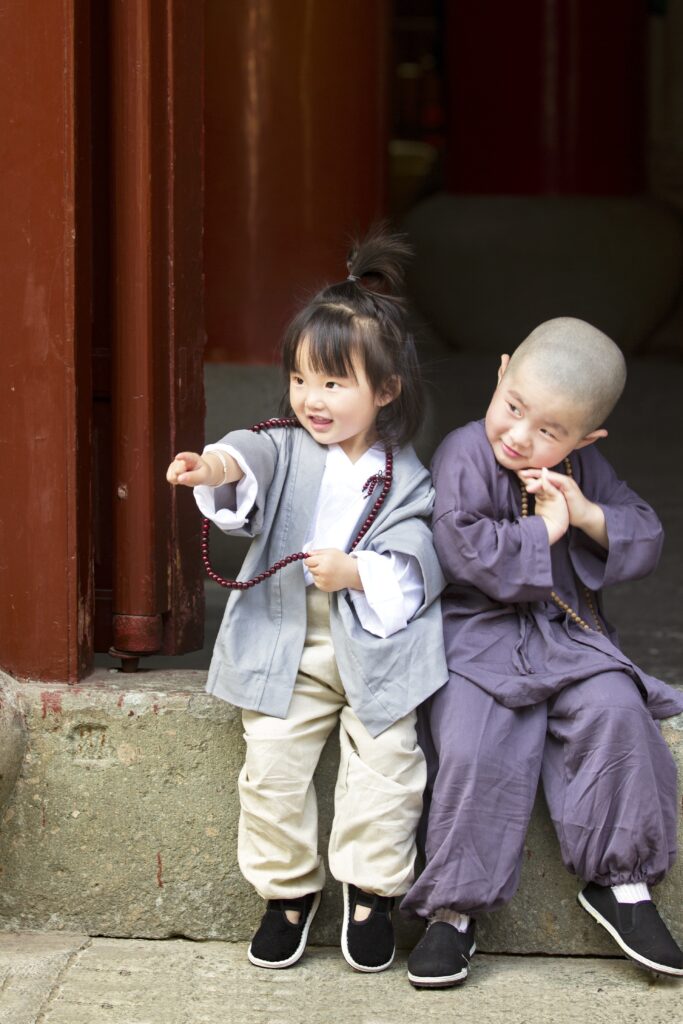An entire school of family therapy has arisen out of the work of Monica McGoldrick and Betty Carter, who introduced the concept of the family life cycle. The basic premise is that in every culture and sub-culture there are normative stages of development through which a family and its members travel. Each new phase has meaning for EACH of the members independently, and for the family collectively. At each stage, then, new roles and tasks emerge.
Take, for example, a family who is expecting their first grandchild. Of course, the circumstances of the pregnancy and the relationships between all of the family members before the pregnancy will have an impact. However, just the fact of the pregnancy itself will be incredibly impactful on all the members of the family and on the functioning of the family itself. If the parents are a committed couple, each partner will have to work out what it means to her/him to become a parent. What was that person’s childhood like, what memories come alive, what kinds of relationships would she/he like to replicate (and to avoid replicating)?
That same partner will have a shifting relationship with EACH of his/her parents as each parent begins to work out what it means to her/him to become a grandparent. Possible meanings and feelings could include excitement at having a grandchild, anxiety about the younger couple’s economic situation, longing for the years when their child was young and confusing feelings about becoming old and edging closer toward mortality. For each person in the family, their position in the family life cycle is shifting with the impending birth.
The overall impact of everyone in the family system re-working their sense of self has an impact on the structure and functioning of the family as a whole. If all goes well, the family and all of its members settle into new roles in relation to each other and themselves. If not everyone is ready for such a change, it can cause various forms of stress on the family. Take, for example, a grandfather-to-be who does not think he is old enough to become a grandfather. How might he react? He may re-evaluate whether or not he is still happy in his primary relationship, given the fact that time is moving on at a rapid pace. Will he buy a sports car? Will he come to terms after some ‘soul-searching’ and realize this could be a great adventure? In either of these cases, the result will impact the entire family and how they move forward.
In general, we all develop life structures that work for many years. However, new developmental tasks present themselves and we need to adapt. These are known as ‘developmental crises.’ Often, these crisis periods can last up to a few years as we forge a new way of dealing with the world, and our newly emerging role and relationship to it. When we don’t evolve, we find ourselves in problems. Imagine remaining the same as you were at 15 years old, now at the age of 35 years. Would you be able to deal with the complexities of adult life if you did not change? Of course, changing means shifting our relationships to ourselves and our family members. That can be a daunting task for all of us, and some of us will dig in our heels.
With each new stage in the family life cycle come new developmental tasks. We can all expect to change over the years. Our changes are part of a larger picture.
Because this is a rich area of study, look for more blog postings to come on the topic of family development and family life cycle.




